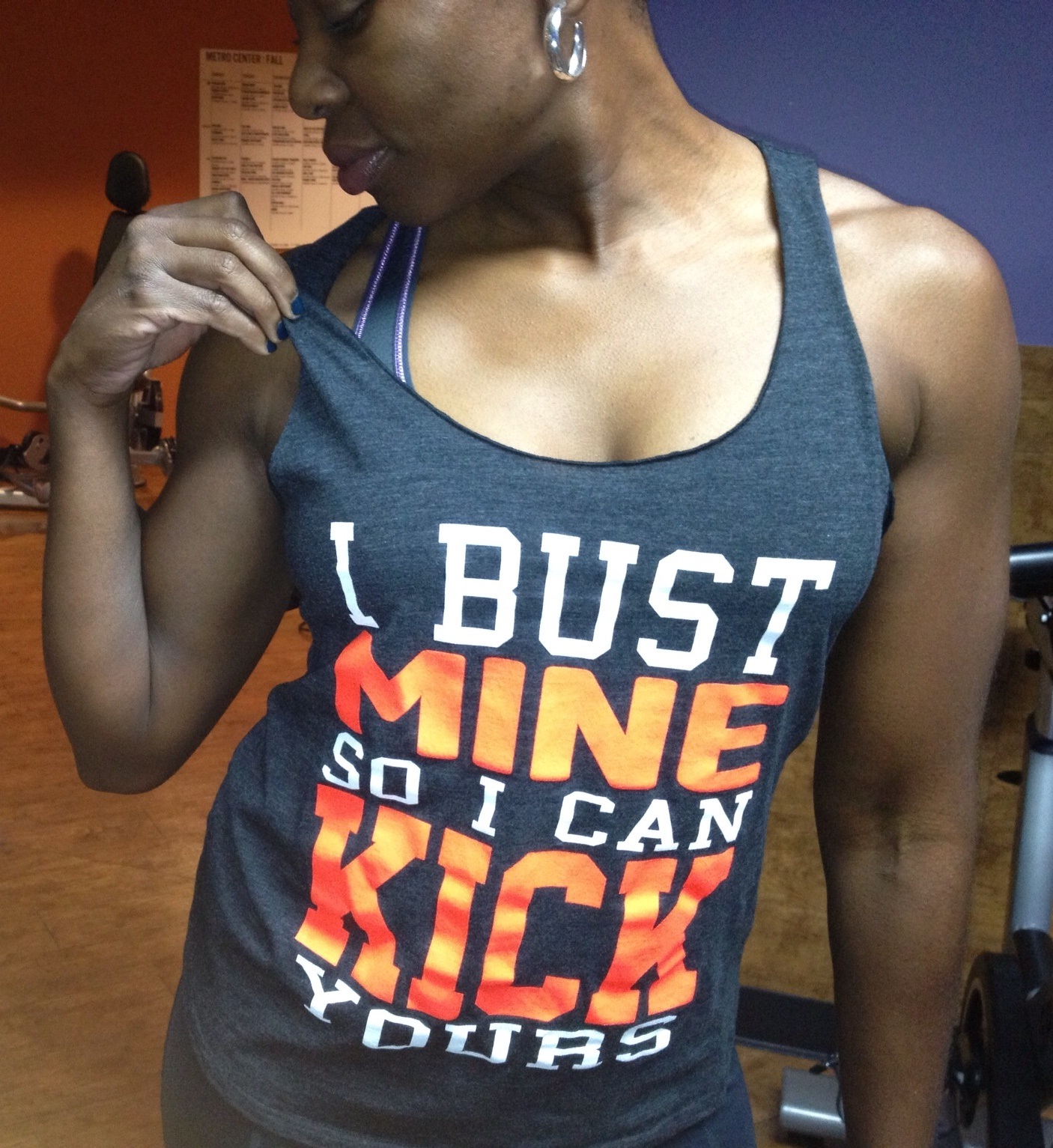In the continuing theme in looking at ways to reduce our overall personal victimization, today’s post looks at the interaction between exercise and self-defense. There is some research that suggests that females who play sports are less likely to be victims of crime (Harder, 2007; Taylor et al, 2012). Those women that were victimized as a child (ex. physical or sexual abuse) are more likely to enroll in self-defense classes (Brecklin, 2004). Furthermore, females that exercise more frequently tend to have higher self-esteem, are more assertive, and are more self-confident (Harder, 2007). A study of female students from a western university found that those that played on a varsity sports team were “three times less likely to report victimization than non-varsity athletes” (Harder, 2007). As I highlighted in the Personal Safety Tips in my December 16, 2014 blog post, there are practices we can all engage in to reduce our chances of becoming victims. Self-defense classes teach women (and men) techniques to protect themselves against violence or some other harm or injury. Reputable classes are taught by a law enforcement and/or martial arts expert. After taking a self-defense class, one must not be reckless. I am in no way suggesting that a woman can beat up a male attacker after taking a class, so please do not get over-confident! These classes do however give you more awareness of your environment and different situations you may be placed in when you are alone. The key is to be alert, know your surroundings, and to recognize warning signs to avoid danger.
So, the next time you hit the gym, work out like your life depends on it.
Be safe,
L.J. Follow me on Twitter: @CrimeDoc1213 #selfdefense #workout #crime #victim #violenceagainstwomen #ljsamuel #deardiary
Note: Stay tuned for details on Self-Defense Workshop tentatively scheduled for the end of January 2015.
Works Cited
Brecklin, L. (2004). Self-defense/Assertiveness training, women’s victimization history, and psychological characteristics. Violence Against Women, 10 (5), 479-497.
Harder, N.R. (2007). The roles of exercise habits, gender stereotype of exercise, and self-esteem in sexual victimization (Doctoral dissertation). Retrieved from ProQuest. (3380304).
Taylor, M., Matthew, J., Wamser, R., Welch, D., & Nanney, J. (2012). Multidimensional self-esteem as a mediator of the relationship between sports participation and victimization: A study of African American girls. Violence and Victims, 27 (3), 434-452.

